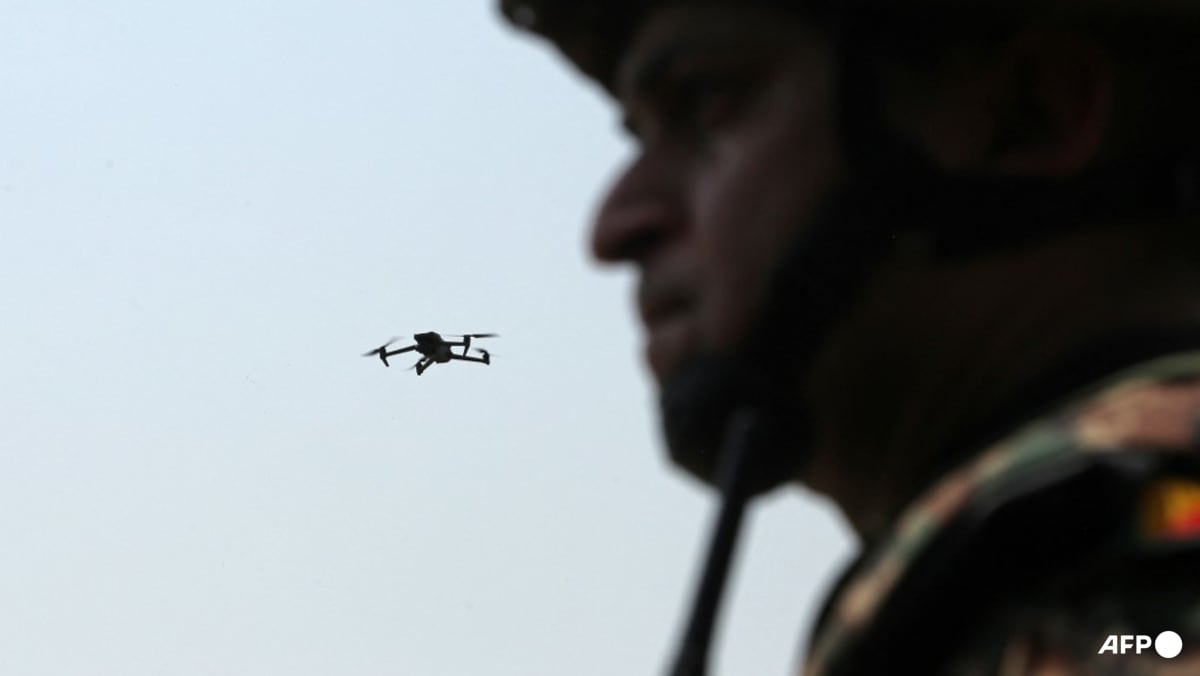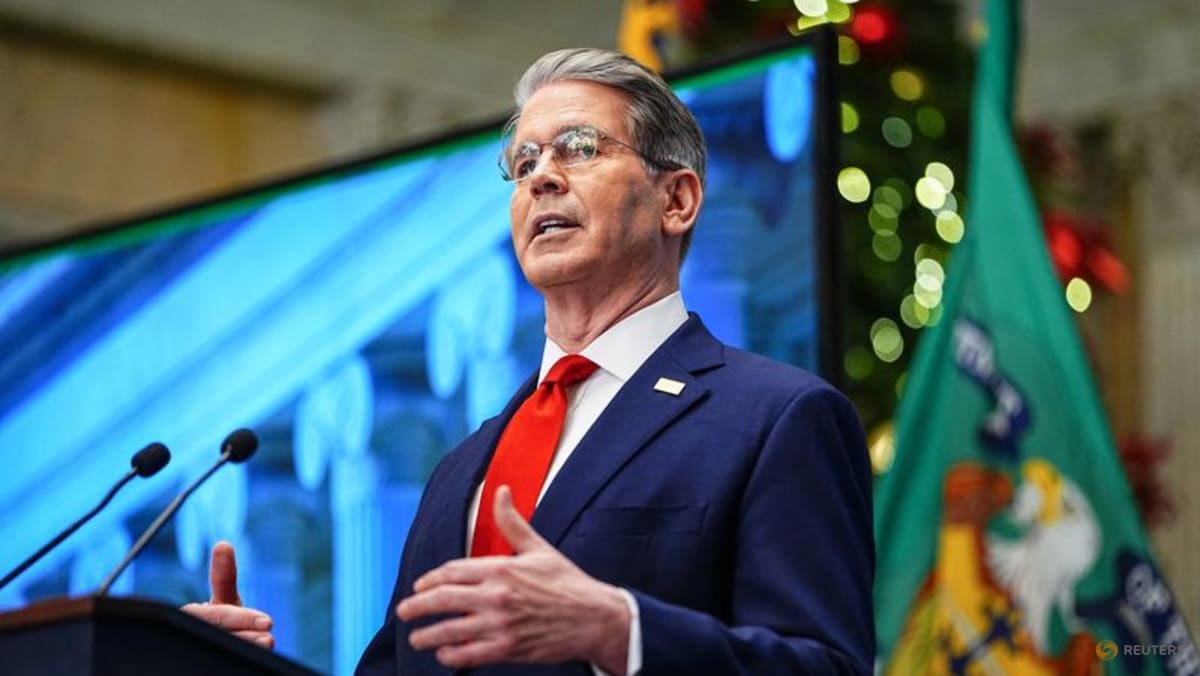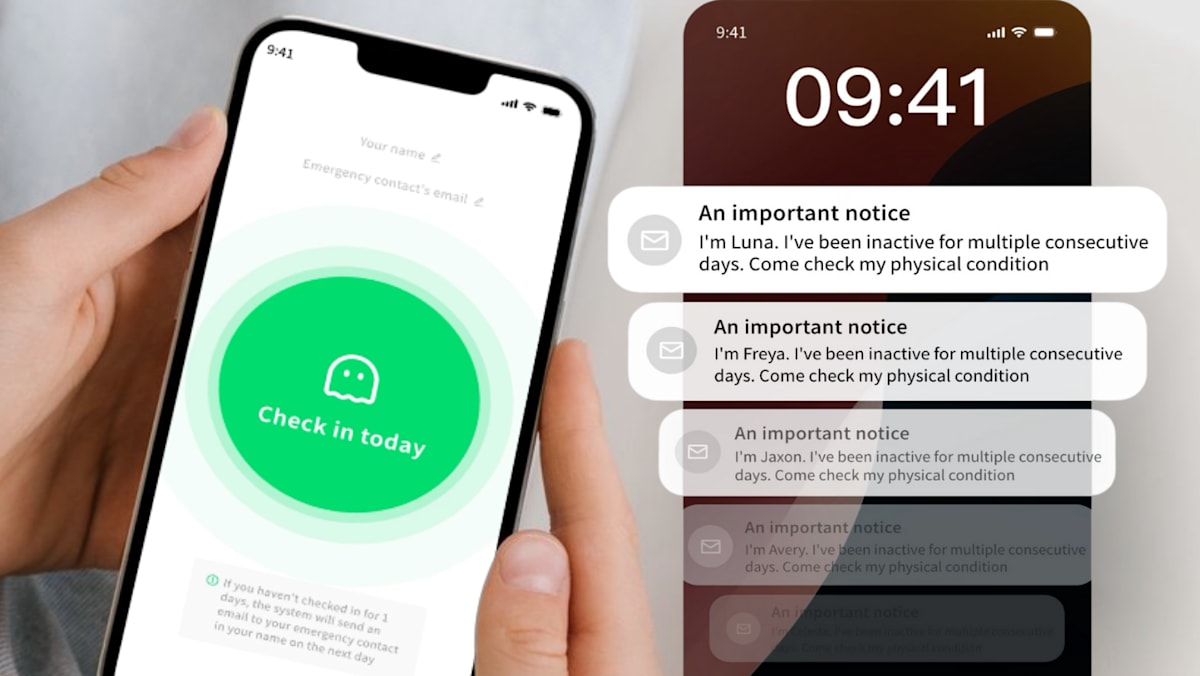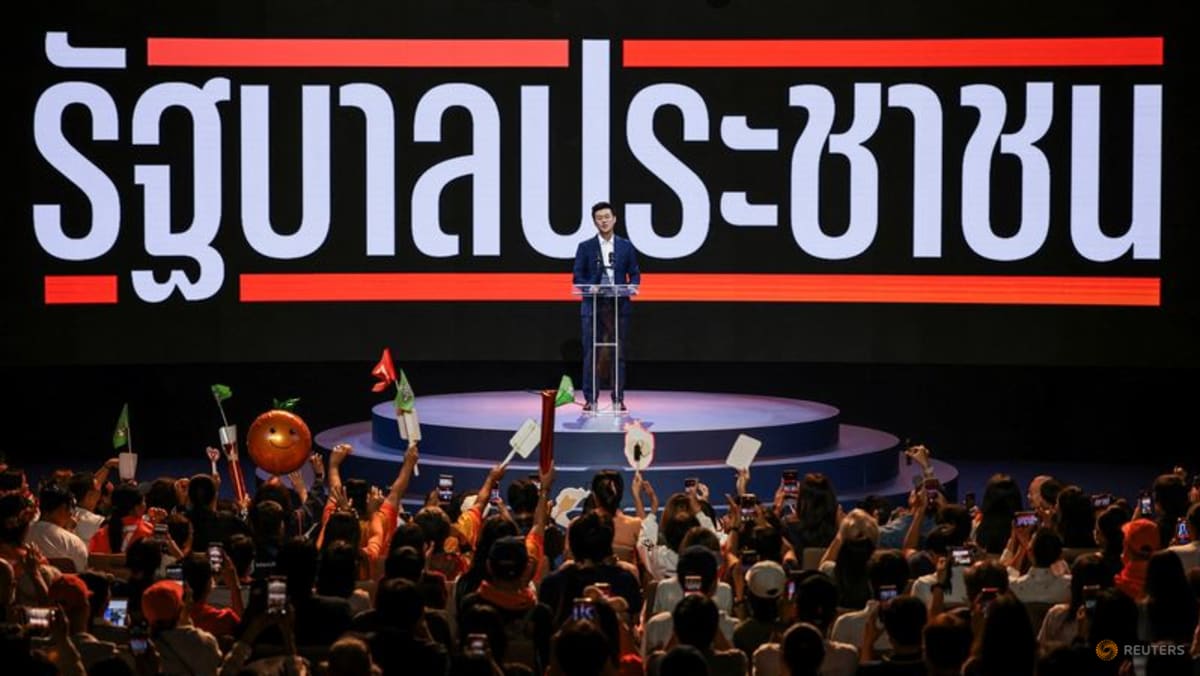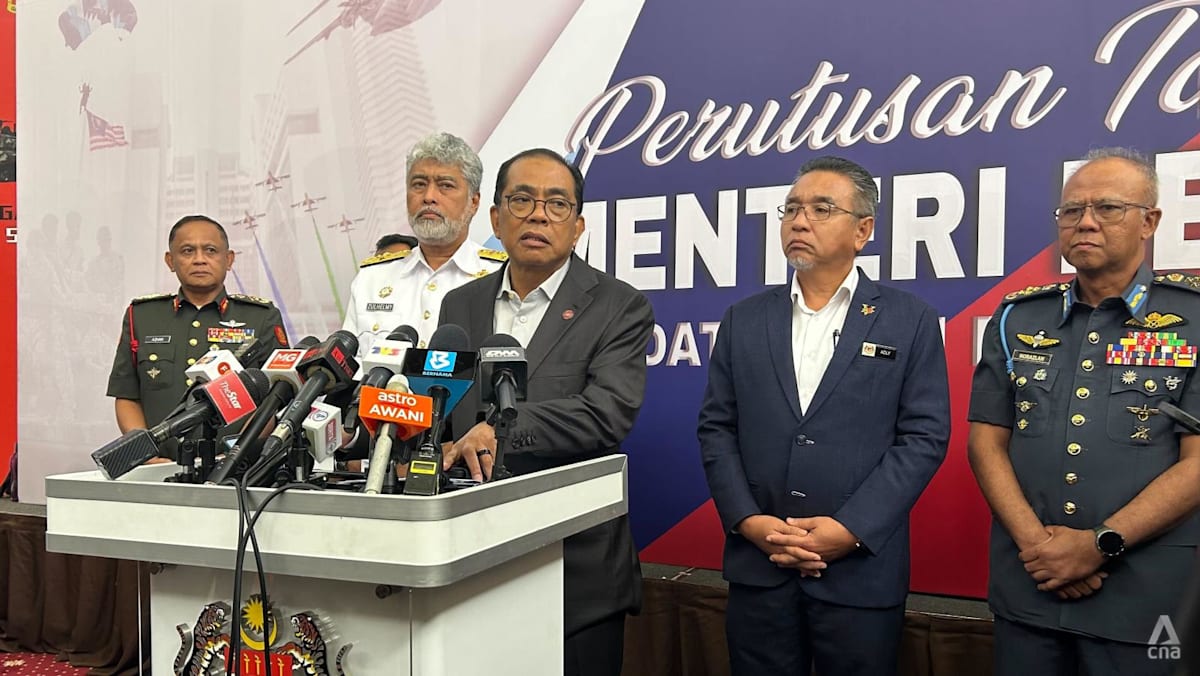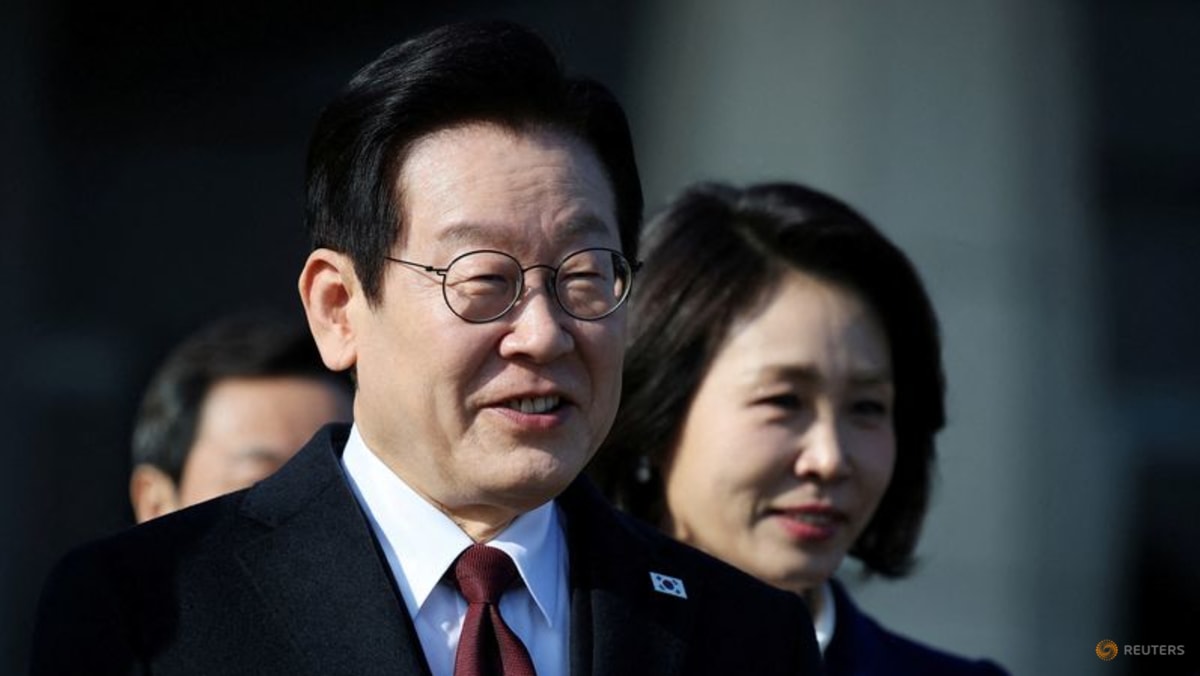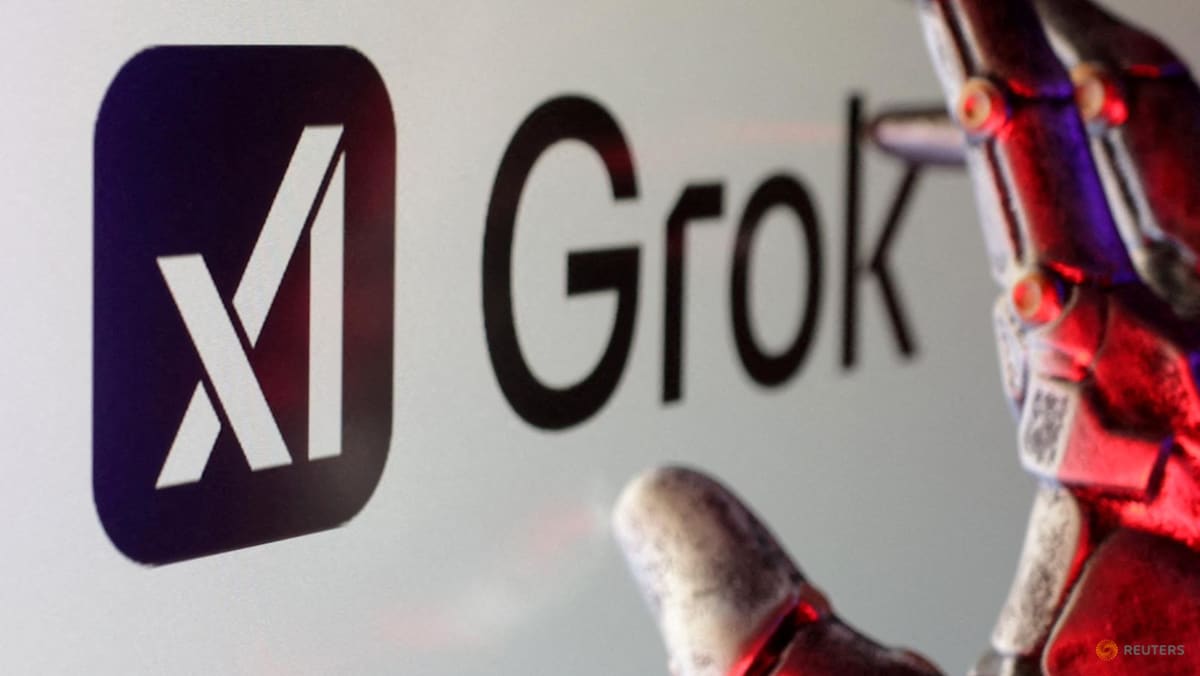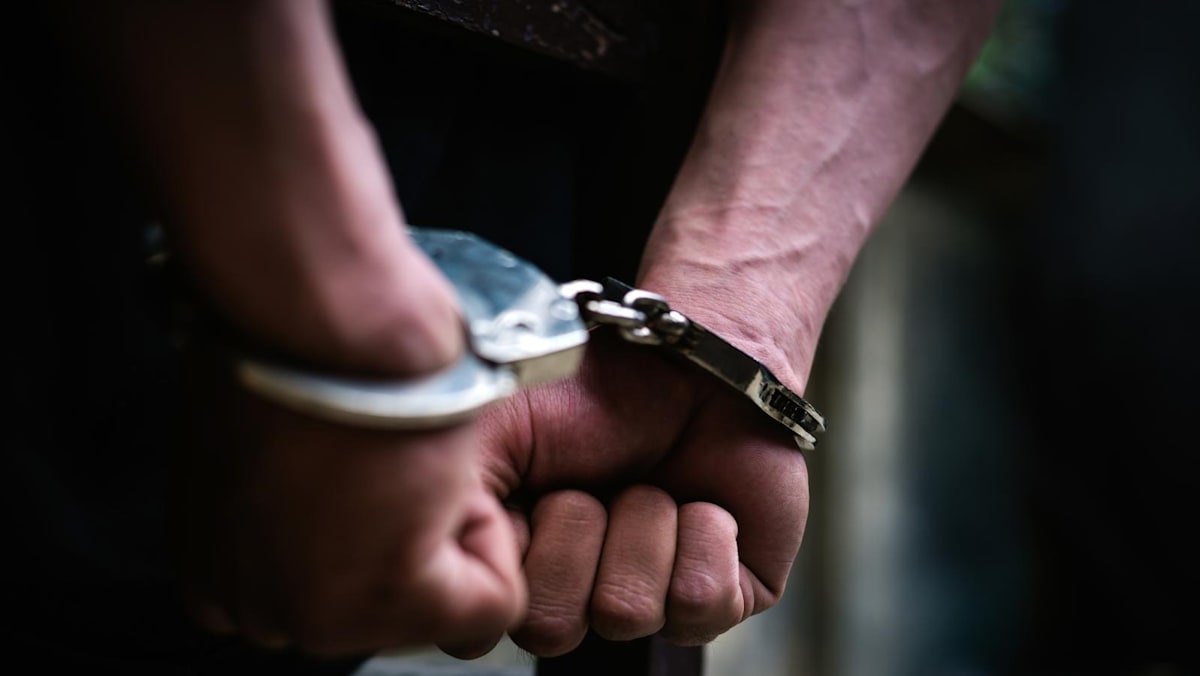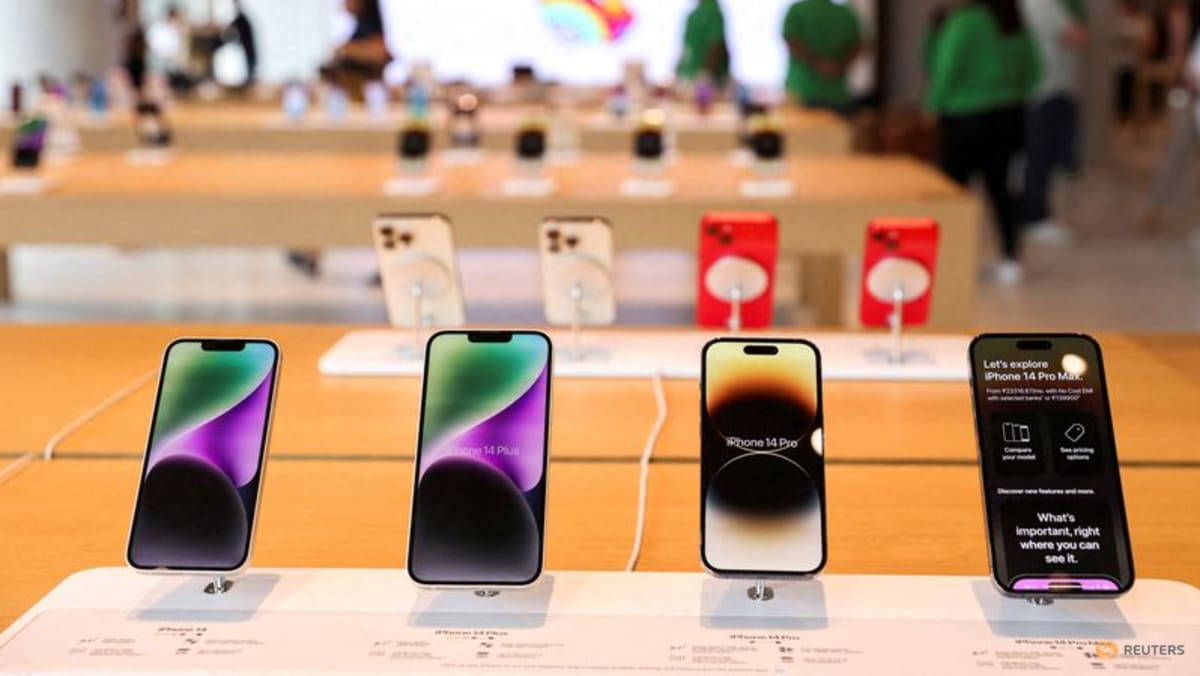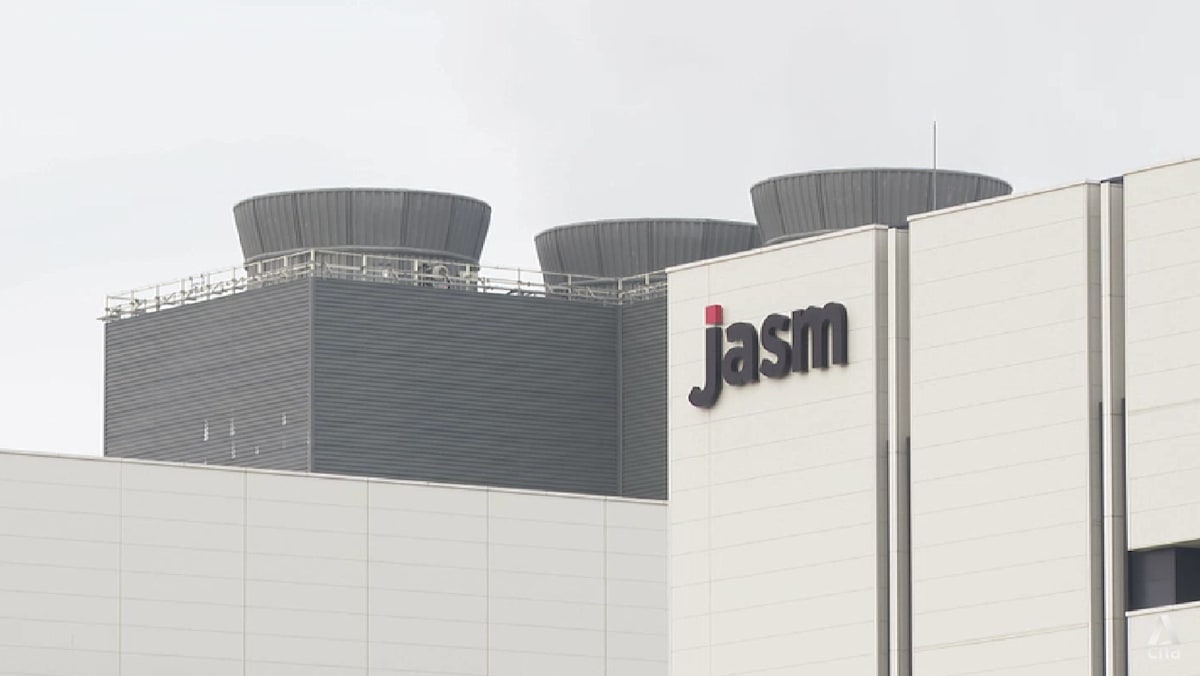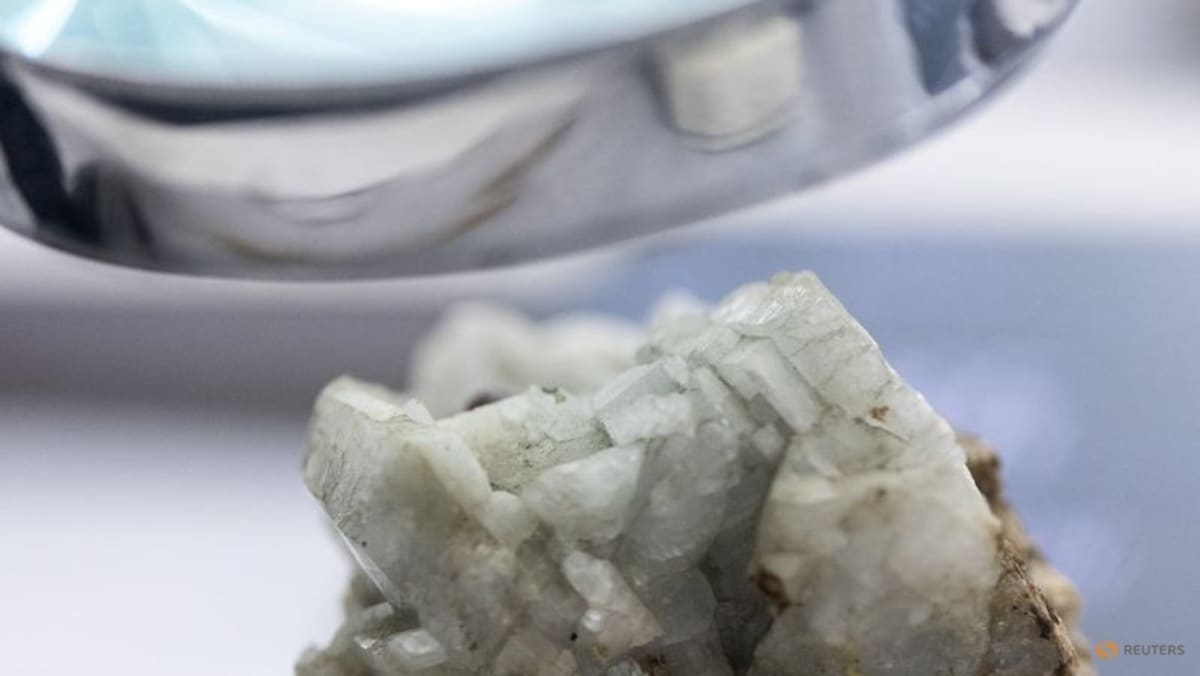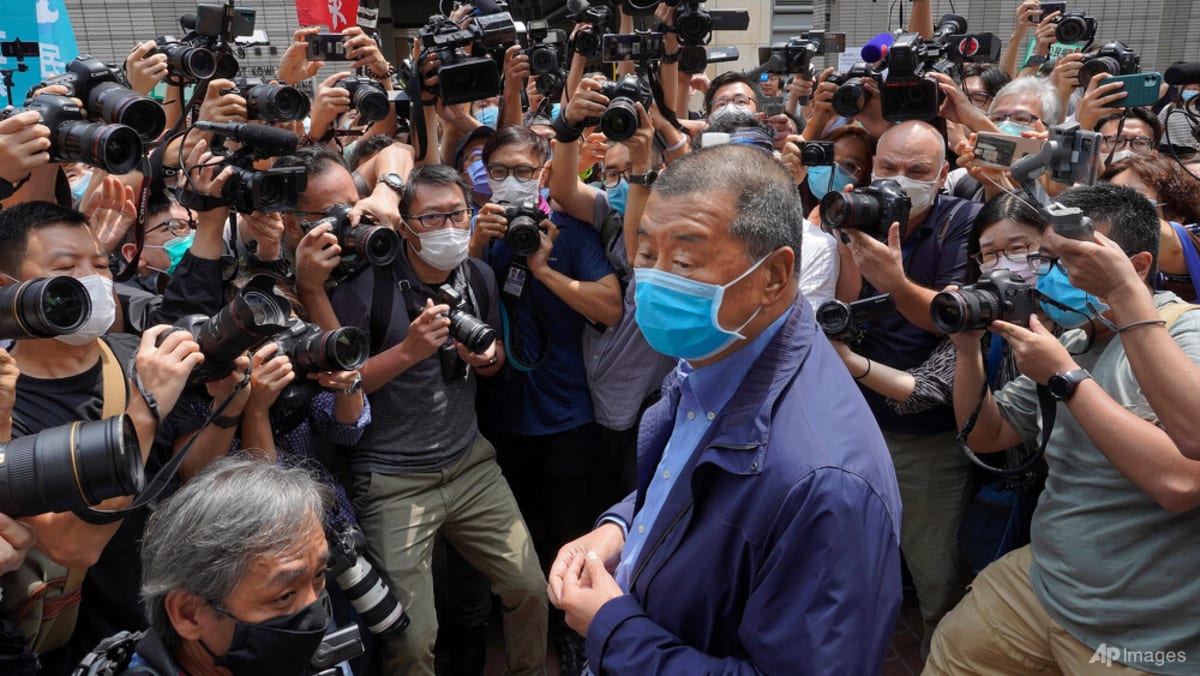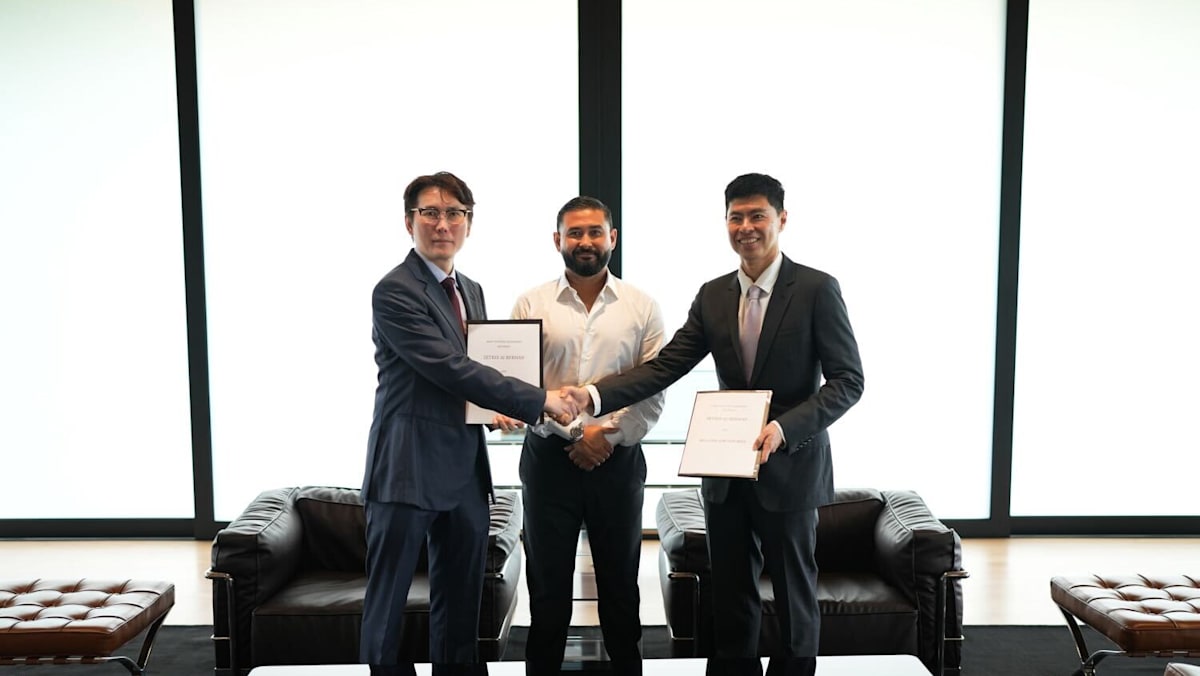IAEA chief Grossi hints at discord among Fukushima report experts
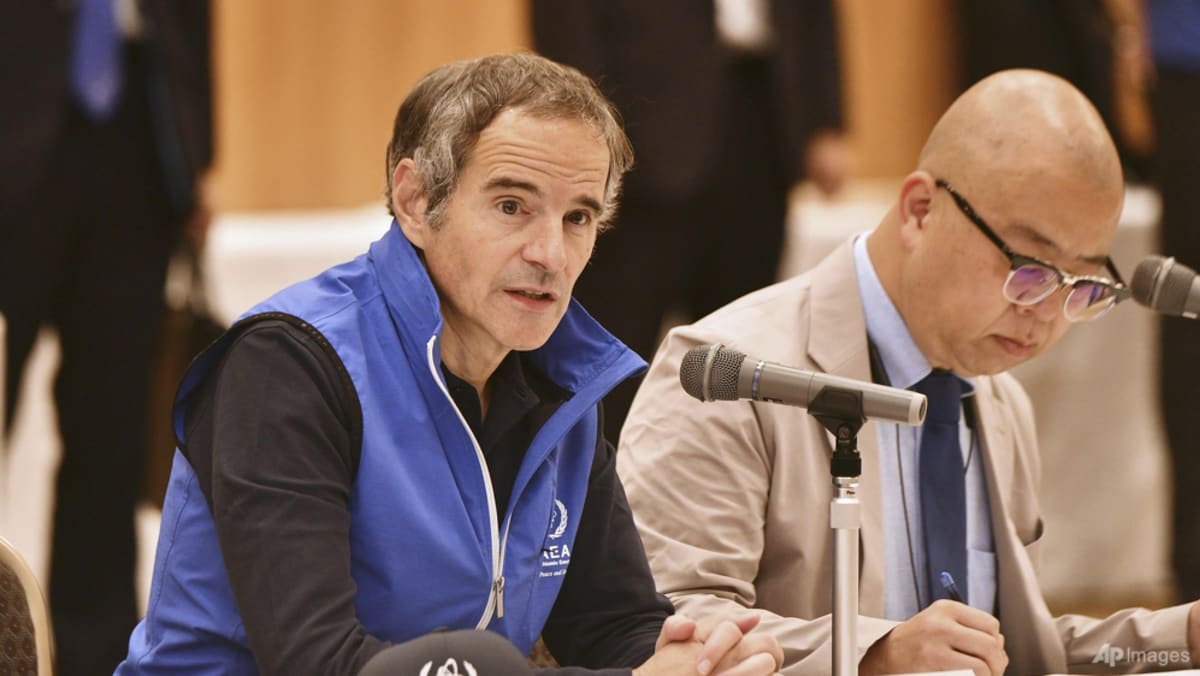
Grossi said the IAEA’s report did not amount to an endorsement of the plan and that Tokyo must take the final decision to release the water due to start later this summer.
“We do not endorse the plan or recommend this to be done. We say this plan is consistent with the standards,” Grossi said.
“We do not take sides. I’m not on the side of Japan or on the side of China or on the side of Korea. The standards apply to all the same way,” he added.
Some Japanese officials are worried that China, the biggest buyer of its seafood exports, may halt purchases of those items after Tokyo begins the water discharge, expected to take up to 40 years to complete.
China said on Friday it will tighten its scrutiny of food imports from Japan due to safety concerns.
South Korea, which has previously expressed concerns about the release, said on Friday that Japan’s plans met global safety standards and it respected the IAEA’s review.
Before the water is released into the ocean, Japan says it will be filtered to remove most radioactive elements except for tritium, an isotope of hydrogen that is difficult to separate from water. The treated water will then be diluted to well below internationally approved levels, Japan says.
Grossi said given the low levels of radionuclides in the water to be released, they may be indiscernible a few miles from Japan’s coast.
“It could be the case that there’s no transboundary effect at all,” he said.
But as well as varying degrees of international criticism, the plan has also met resistance at home, especially among the fishing community concerned about demand for their produce.
Grossi said he understood the concerns because “nothing identical” to this release had happened before. He added, however, there were also “certain political agendas” attached to criticisms of the plan, without elaborating.
Source: CNA


